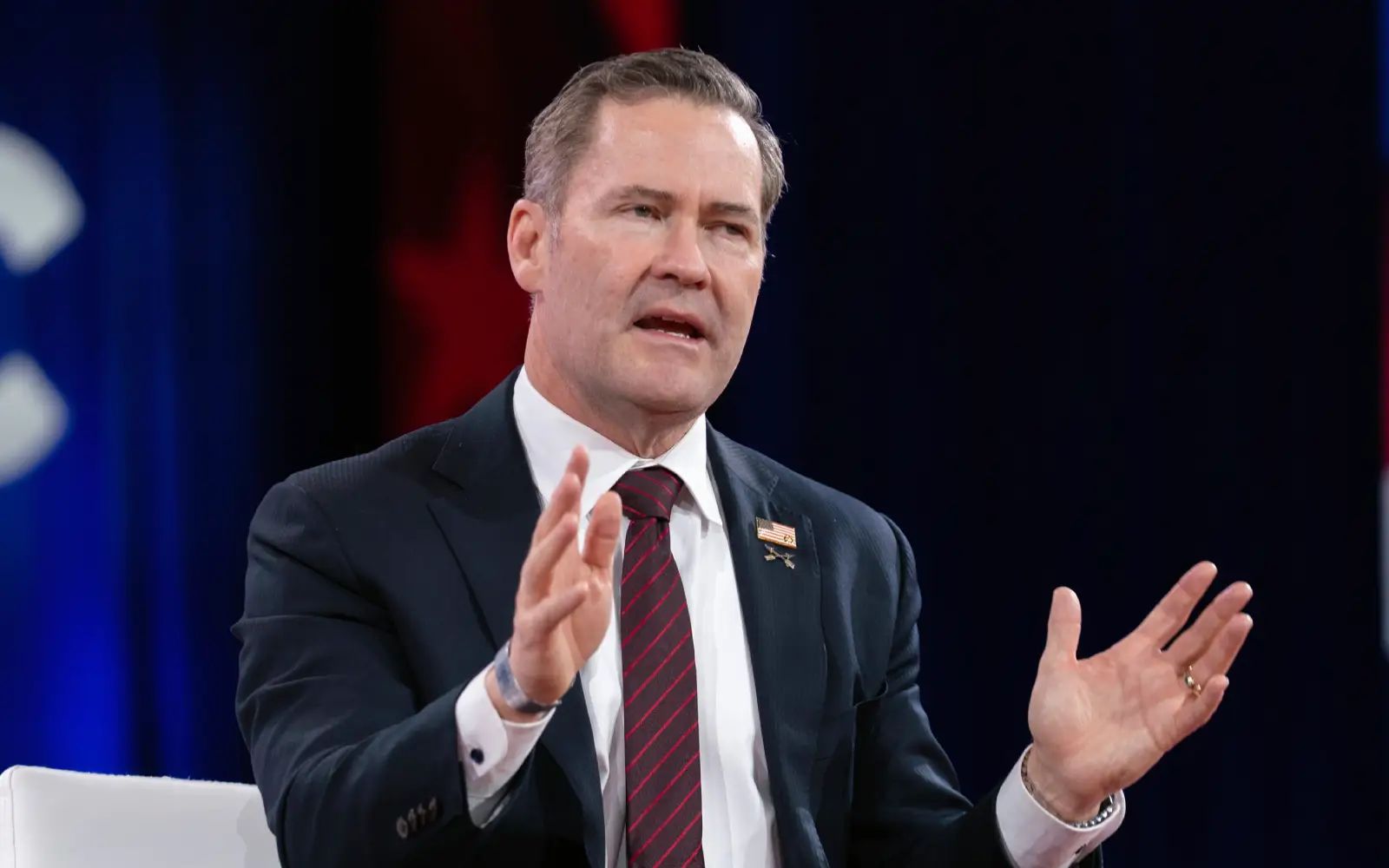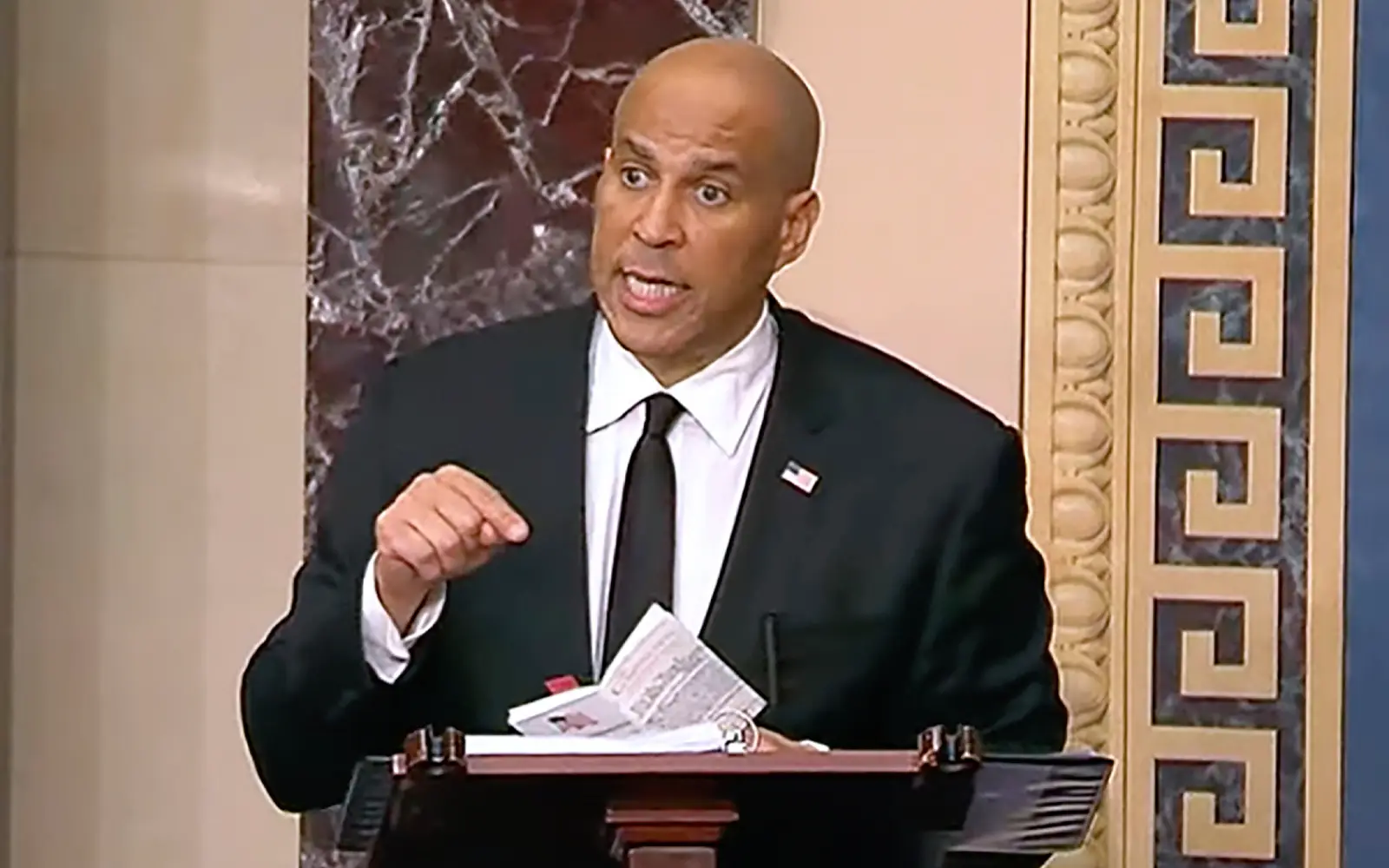Despite the U.S. Constitution’s clear two-term limit on the presidency, Republican lawmakers and right-wing media allies are advancing a narrative—and a strategy—that could see Donald Trump seek a third term. What began as a fringe theory is now being mainstreamed, trial-ballooned in Congress, teased on stage by Trump himself, and increasingly framed as a legitimate political project.
At the center of this effort is a resolution introduced in January 2025 by Representative Andy Ogles of Tennessee, which would amend the Constitution to allow presidents to serve three non-consecutive terms. The amendment has virtually no chance of passing in a divided Congress. But its real goal isn’t legislative. It’s psychological. It’s about normalizing the idea that the rule limiting Trump to two terms is flexible, debatable—even obsolete.
This campaign isn’t just symbolic. It’s coordinated. Right-wing think tanks have begun circulating pseudo-legal arguments suggesting loopholes in the 22nd Amendment. One theory proposes that Trump could serve as vice president and assume power if a sitting president resigns. Most constitutional experts reject this interpretation as untenable, but that hasn’t stopped conservative legal influencers from testing public reaction.
Trump, for his part, is not distancing himself from the idea—he’s fueling it. On stage, he’s joked that he “deserves” a third term because the 2020 election was stolen. At rallies and right-wing conferences, he regularly implies that his second term is a mandate not just to govern, but to remain in power for as long as needed to “fix” the country. The line between jest and intent grows thinner by the week.
The result is a slow erosion of democratic guardrails. What would have been political suicide even five years ago is now a conversation topic on mainstream conservative networks. Republican leaders, many of whom once dismissed Trump’s post-2020 election lies as fringe, are now silent or complicit. The Overton window hasn’t just shifted—it’s been shoved.
Democrats and democracy watchdogs have sounded the alarm, warning that this is the clearest signal yet of Trump’s authoritarian ambitions. The third-term push fits a familiar pattern: delegitimize past elections, attack the courts, centralize power, then weaken constitutional checks. The idea isn’t just to change the law. It’s to convince enough people that the law doesn’t matter.
This isn’t just about one amendment or one term. It’s about whether the Constitution will be followed at all. Trump’s movement has made clear that any rule—no matter how sacred—is up for negotiation if it stands in his way. The push for a third term may fail legislatively. But politically, it’s already achieving its goal: testing the public’s resistance to authoritarianism and discovering, disturbingly, how little remains.
This is how democracies die—not with a coup, but with a series of trial balloons, each more absurd than the last, until the absurd becomes normalized. The U.S. isn’t there yet. But if a third Trump term is even on the table, then the table has already been overturned.













